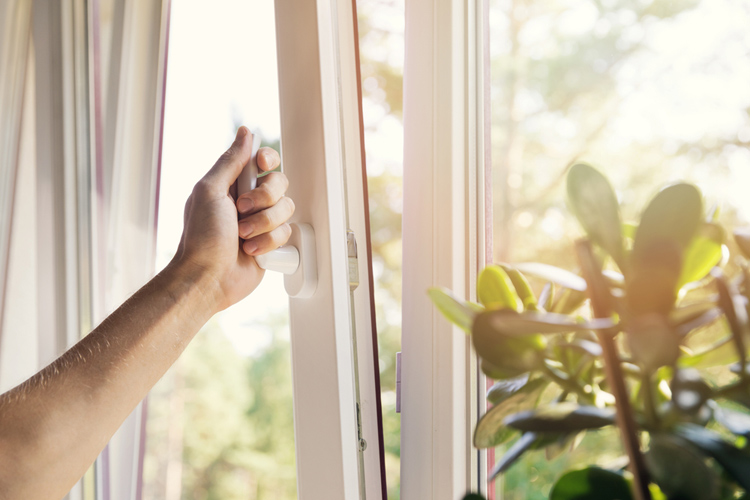Tips to Improve Indoor Air Quality
Indoor air quality is essential for the health and well-being of the entire family. Breathing clean, pollutant-free air is crucial for preventing respiratory diseases and improving the quality of life. In this article, we will present some practical tips to improve the air quality in your home.
Adequate Ventilation
One of the simplest and most effective ways to improve indoor air quality is to ensure adequate ventilation. Open windows daily to allow fresh air in and pollutants out. Also, use fans or air conditioners with air filters to remove unwanted particles.
Regular Cleaning
Regular cleaning is essential to reduce the amount of dust, mites, and allergens in the air. Vacuum carpets, curtains, and upholstery frequently, using a vacuum cleaner with a HEPA filter. Also, clean surfaces with a damp cloth, avoiding the use of harsh chemicals.
Avoid Smoking Indoors
Smoking is one of the main sources of indoor air pollution. Avoid smoking inside the house and establish outdoor areas for smokers. Also, avoid contact with cigarette smoke in public places, as it can cling to your clothes and be brought into the home.
Use Air Purifiers
Air purifiers are effective devices for removing particles and pollutants from the air. They are especially useful for people with allergies or respiratory issues. Choose an air purifier with a HEPA filter, capable of capturing up to 99.97% of airborne particles.
Maintain Proper Humidity
Air humidity also affects indoor air quality. Very dry environments can cause irritation in the respiratory tract, while very humid environments can promote the growth of mold and mites. Use a humidifier or dehumidifier to keep the humidity between 40% and 60%.
Avoid Chemical Build-up
Cleaning products, cosmetics, and construction materials can release harmful chemicals into the air. Opt for natural and eco-friendly products that are less harmful to the environment and health. Also, avoid storing excess chemicals at home, disposing of them properly when no longer needed.
Keep Plants Indoors
Plants are excellent allies in improving indoor air quality. They absorb carbon dioxide and release oxygen, as well as filter pollutants in the air. Some recommended plants are snake plants, bamboo palms, and peace lilies.
Avoid Excessive Use of Chemicals
Cleaning products, cosmetics, and construction materials can release harmful chemicals into the air. Opt for natural and eco-friendly products that are less harmful to the environment and health. Also, avoid storing excess chemicals at home, disposing of them properly when no longer needed.
Keep Environments Humidity-Free
Air humidity also affects indoor air quality. Very dry environments can cause irritation in the respiratory tract, while very humid environments can promote the growth of mold and mites. Use a humidifier or dehumidifier to keep the humidity between 40% and 60%.
Maintain Air Conditioning Units
Air conditioning units can accumulate dust and fungi, affecting air quality. Perform regular maintenance, cleaning the filters and coils. Also, check for leaks or sealing issues that could compromise the efficiency of the unit.
By following these simple tips, you can significantly improve the air quality in your home, providing a healthier and more pleasant environment for the whole family.

